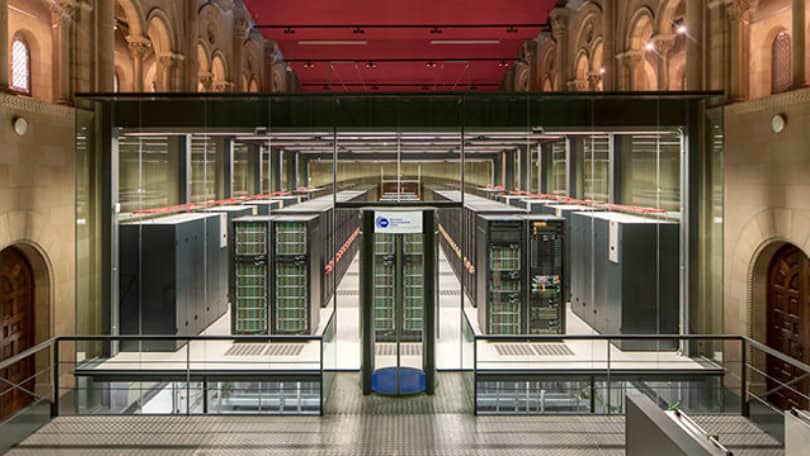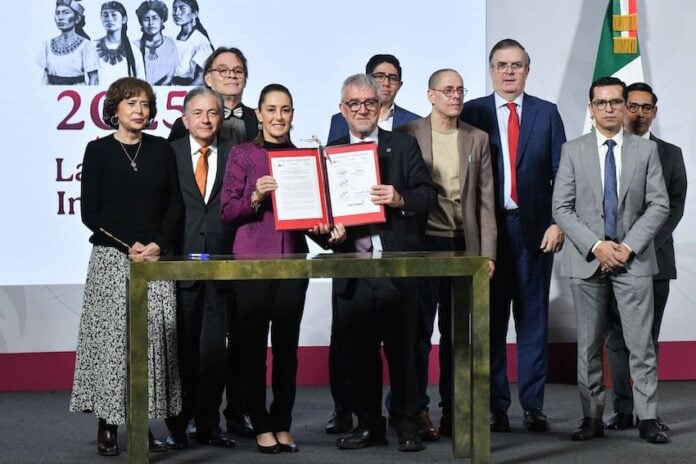Mexico will soon be home to Latin America’s largest supercomputer, National Coordinator of Digital Infrastructure Jorge Luis Pérez Hernández announced on Wednesday.
The supercomputer will be the result of a collaborative agreement between Mexico’s Infotec and Spain’s Barcelona Supercomputing Center (BSC), but it will be built in Mexico.

“It will be 100% Mexican and will be vastly different from the current largest one, which is located in South America and belongs to a private company,” Pérez said, speaking during the daily presidential press conference.
The project aligns with the Plan México national economic strategy, according to the head of Mexico’s Digital Transformation and Telecommunications Agency, José Antonio Peña Merino.
Pérez said that while the facility is being constructed, which will take between 24 and 36 months, Mexico will have access to the BCS MareNostrum equipment to begin priority projects in January 2026.
While a conventional computer takes up to 30 days to process large volumes of information, a supercomputer can carry out 314 trillion operations per second, said Pérez.
In Mexico, some of the priority projects include:
- Climate models for Mexico, to improve forecasts for extreme weather events.
- Data processing from the Tax Administration Service (SAT) and Customs, to optimize the customs inspection system.
- Precision agriculture through the analysis of more than 2 million satellite images, to detect water and crop needs.
- Artificial intelligence, with massive multitasking models for virtual assistance.
“A country that doesn’t compute, doesn’t compete,” Pérez said.
He also emphasized that all data will be protected by the Mexican government and national researchers.
A collaboration with BSC supercomputing
BSC has attracted around US $692 million in business investment over the last two decades, and currently employs around 1,400 people, with 1,200 researchers.
The company has previously collaborated with Mexico on other projects, such as earthquake simulations, which earned it an award at the World Supercomputing Congress.
Supercomputers are key to conducting scientific research, according to BSC’s director, Mateo Valero Cortés.
The BSC facility, located in a former chapel in Barcelona, has developed five generations of its MareNostrum supercomputer to date. The latest, the MareNostrum 5, is 10,000 times faster than the first version from 2004, said Valero.
In 2024 alone, BSC participated in 440 research projects, and it is currently working on digital twin projects and virtual representations of complex systems, such as the human body, cities and the climate. Valero said BSC already has a digital twin of the circulatory system.
With reports from Milenio and El Economista
